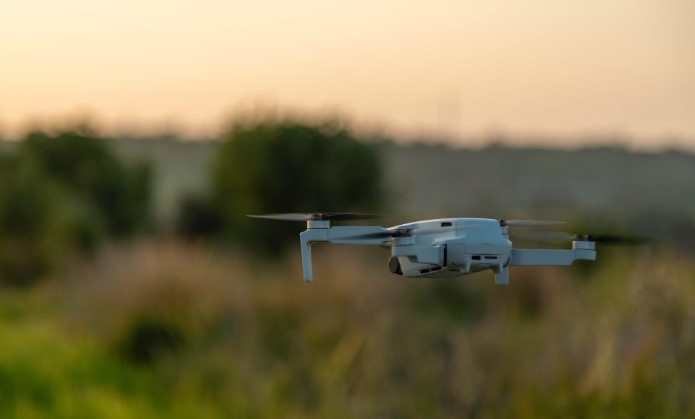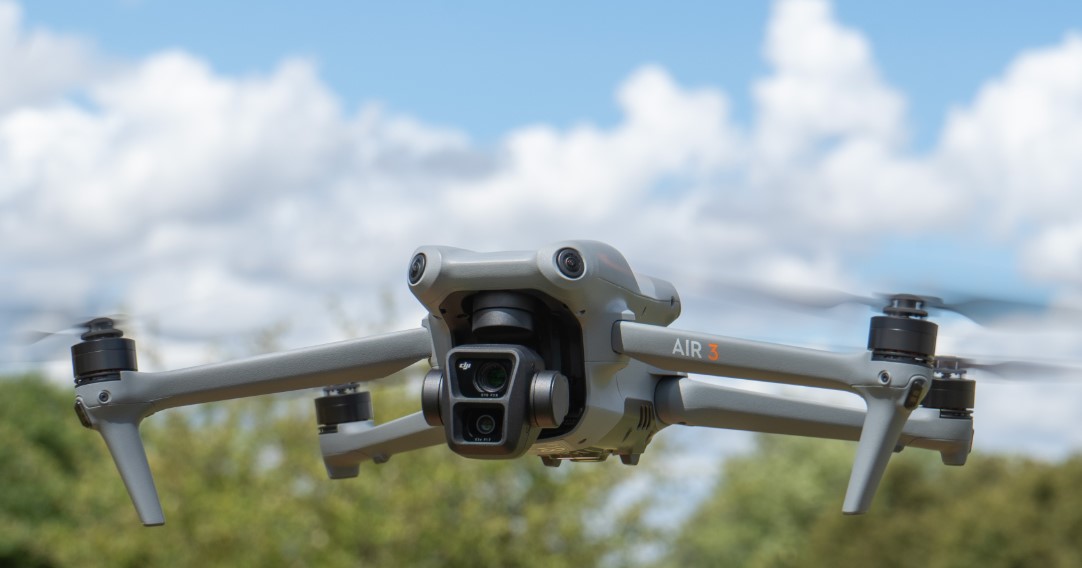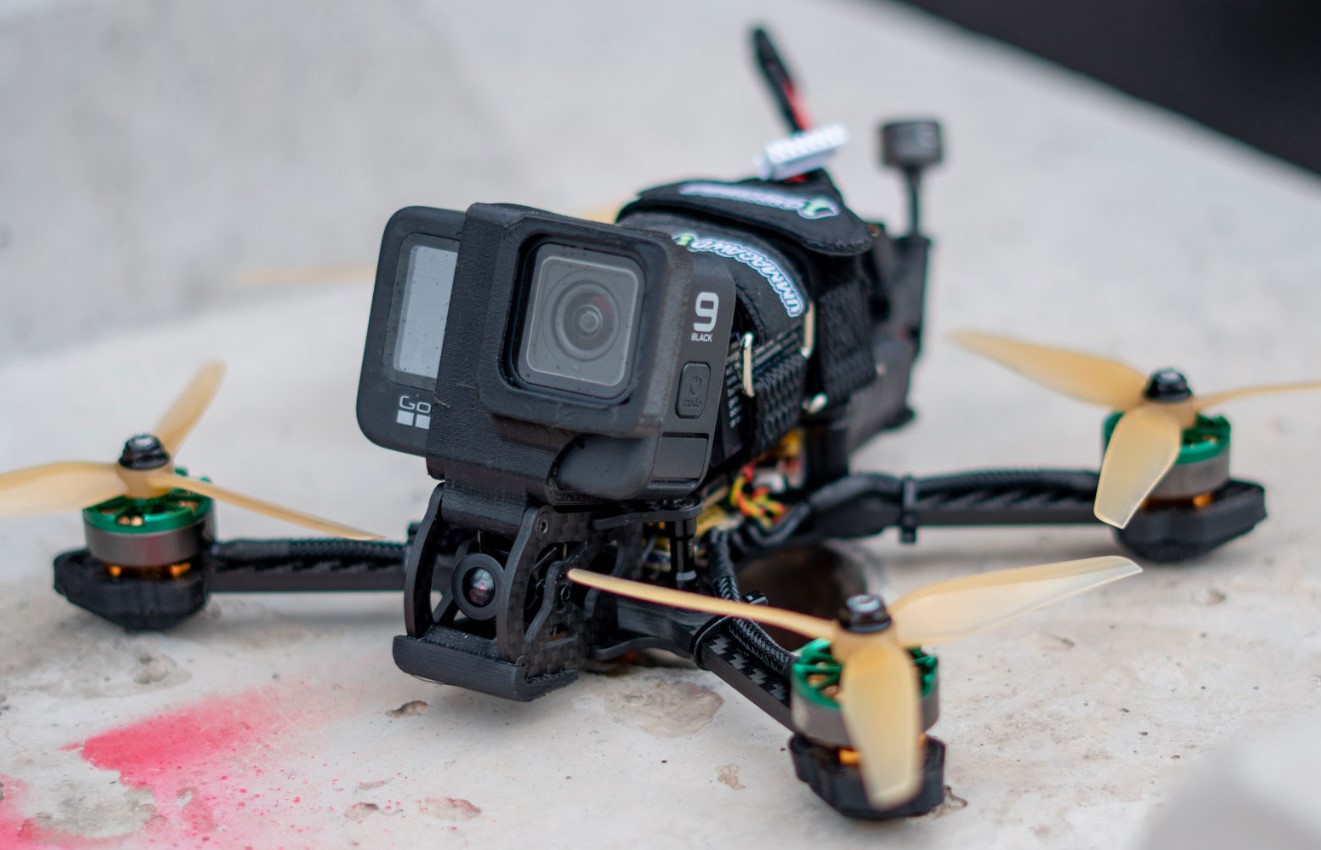The use of drones has grown exponentially in recent years, enabling individuals and organizations to capture stunning aerial footage, survey areas, and even conduct surveillance. However, the legality of flying drones varies widely from one region to another, especially in sensitive areas such as Kashmir. Is Drone Allowed in Kashmir? In this essay, we’ll explore whether drones are allowed in Kashmir, the laws and regulations surrounding their usage, and the implications for enthusiasts, businesses, and residents. Follow Dronevoz.com !!!
Understanding the Context: Kashmir’s Sensitivity
Kashmir, located in the northern part of India, is a region known for its breathtaking landscapes and complex geopolitical status. The area has been a subject of territorial disputes, making it a highly sensitive region from a security perspective. Given its political significance, any activity involving surveillance or aerial photography is often scrutinized.
Drones, which can be used for purposes ranging from hobbyist photography to reconnaissance, are no exception. Their use in Kashmir raises concerns related to privacy, security, and potential misuse. As such, the government has established specific rules and guidelines to regulate drone usage in the region.
Are Drones Allowed in Kashmir?
The simple answer is yes, drones are allowed in Kashmir, but with strict restrictions and regulations. The government has implemented policies to ensure that drone operations do not compromise security or privacy. Let’s break down the rules that govern drone usage in Kashmir.
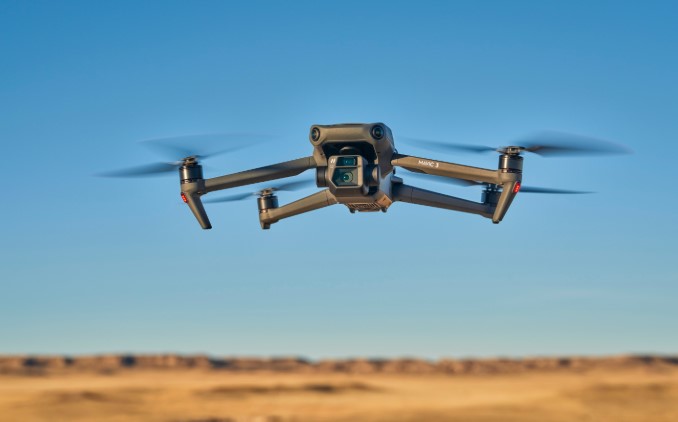
Drone Regulations in India
Before delving into Kashmir specifically, it’s essential to understand the overarching drone regulations in India. The Directorate General of Civil Aviation (DGCA), the regulatory body for civil aviation in India, oversees the use of drones under the Unmanned Aircraft System (UAS) Rules, 2021. Here are some of the key points:
- Classification of Drones:
- Nano drones: Less than or equal to 250 grams.
- Micro drones: Between 250 grams and 2 kilograms.
- Small drones: Between 2 kilograms and 25 kilograms.
- Medium and large drones: Above 25 kilograms.
- Registration and Licensing:
- All drones except for nano drones must be registered with the DGCA.
- Drone operators need a Remote Pilot Certificate (RPC) for operating drones above the nano category.
- No-Fly Zones:
- Areas near airports, military installations, and international borders are designated as no-fly zones.
- Kashmir, being a politically sensitive area, has several restricted zones.
- Permission for Aerial Operations:
- Operators must use the Digital Sky Platform to obtain necessary permissions.
- Flights are subject to “No Permission, No Takeoff” (NPNT) protocols.
Specific Drone Rules in Kashmir
While India’s drone laws apply nationwide, additional restrictions are in place for Kashmir due to its unique security concerns. Here’s a closer look at the region-specific guidelines:
- Restricted Areas:
- Many parts of Kashmir are categorized as red zones, where drone operations are prohibited without explicit permission from authorities.
- Flying drones near military bases, sensitive government buildings, or international borders is strictly forbidden.
- Permissions Required:
- Drone operators must seek clearance from local law enforcement and security agencies before conducting any operations.
- Even nano drones used for personal purposes may require approval in sensitive zones.
- Surveillance and Monitoring:
- Security agencies actively monitor drone activity in Kashmir. Unauthorized flights can result in severe penalties, including confiscation of the drone and legal action.
- Use Cases Permitted:
- Drones can be used for agricultural purposes, disaster management, and infrastructure surveys, provided the operator has proper approvals.
- Recreational drone usage, such as photography, is generally discouraged unless prior permission is obtained.
>>> Read: How Are Drones Used in Agriculture?
Why Are Drone Restrictions Necessary in Kashmir?
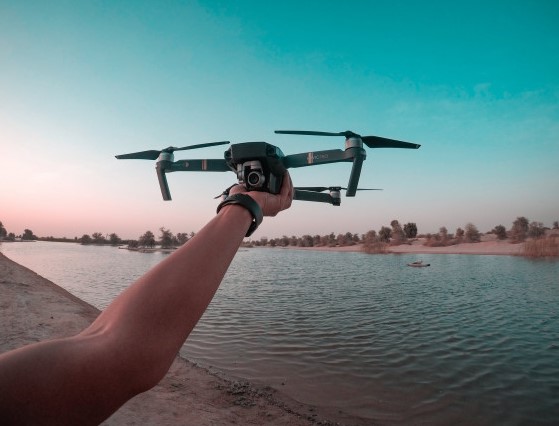
The stringent drone regulations in Kashmir serve multiple purposes. These include:
- National Security:
- Given the region’s proximity to international borders and ongoing geopolitical tensions, drones can be misused for surveillance, smuggling, or even acts of terrorism.
- Privacy Concerns:
- Kashmir’s residents and organizations are wary of aerial surveillance that could infringe upon their privacy.
- Avoiding Conflicts:
- Unauthorized drone flights could lead to misunderstandings or escalations, particularly in areas with a heavy military presence.
- Preservation of Wildlife:
- Kashmir’s rich biodiversity includes several protected areas. Drones, if misused, could disturb the natural habitats of wildlife.
How to Legally Operate a Drone in Kashmir
If you’re planning to use a drone in Kashmir, here are the steps you need to follow to ensure compliance with the law:
- Register Your Drone:
- Visit the DGCA’s Digital Sky Platform to register your drone and obtain a Unique Identification Number (UIN).
- Get a Remote Pilot Certificate (RPC):
- Enroll in a DGCA-approved training program to receive your RPC.
- Seek Local Permissions:
- Contact local authorities, including the police and district administration, for clearance. Be prepared to explain your purpose and flight plan.
- Follow No-Fly Zone Guidelines:
- Check the Digital Sky Platform to identify restricted areas and ensure your flight path avoids them.
- Obtain NPNT Clearance:
- Use the Digital Sky app to request flight permissions. Ensure that your drone complies with NPNT protocols.
- Ensure Safe Operations:
- Avoid flying drones at night or beyond visual line-of-sight unless explicitly permitted.
- Maintain a safe altitude and distance from people, buildings, and sensitive areas.
Consequences of Non-Compliance
Operating a drone without adhering to the rules can result in severe consequences, including:
- Confiscation of the drone.
- Heavy fines imposed by authorities.
- Legal action, including potential imprisonment for serious violations.
- Being blacklisted from future drone operations.
>>> Read: Are Drones Allowed in Qatar?
The Future of Drone Usage in Kashmir
As technology advances, the use of drones is likely to expand in Kashmir for purposes like agriculture, disaster management, and tourism. However, this will depend on striking a balance between leveraging the benefits of drones and addressing security concerns.
The Indian government is working to refine its drone policies, potentially making them more accessible while maintaining strict safeguards in sensitive areas like Kashmir. Innovations like geo-fencing and real-time monitoring systems could help manage drone operations more effectively.
Conclusion
The use of drones in Kashmir is permitted but tightly regulated to ensure security and privacy. Whether you’re a hobbyist looking to capture the beauty of the region or a professional conducting surveys, it’s essential to adhere to the laws and obtain the necessary permissions. By following the guidelines set by the DGCA and local authorities, you can operate your drone legally and responsibly in this sensitive region.
Understanding and respecting the regulations not only keeps you compliant but also contributes to the safety and stability of the area. As drones become increasingly integrated into daily life, staying informed about the evolving rules will be crucial for all enthusiasts and operators.
